What Does it Mean to Be Human?
Note: This was originally published in our bi-weekly e-newsletter, Liminal Spaces. To get future issues delivered to your inbox (and get our ebook for free!), sign up here.
Thirty years ago this week, I took an exam that still vexes me.
As a sophomore at Milligan University, my classmates and I were winding down our last days in Humanities, a required course spanning two academic years. Starting in ancient Mesopotamia, we examined the ways history, philosophy, art, religion, and literature worked together to shape the last two thousand years of western civilization. The course was as brilliant as it was diabolical.
Thankfully, it was almost over. One final hurdle remained, the comprehensive final examination. How do you study for such a sweeping assignment? I remember brushing up on Shakespeare, the Greek tragedies, the fall of Rome, the Renaissance, and the causes of World War II. I was ready, or at least I thought so. I’ll never forget that scene in the Spring of 1992. I sat down in the lecture hall, opened my blue book and to my horror read the one question comprising the entire test. Two years of classes, lectures, papers, and readings summed up in one haunting question, “What does it mean to be human?” I was stunned.
I have no clue what I wrote, much less my grade. But I do know that question still haunts me today. What does it mean to be human? What does it mean to take on this flesh and contend with the heights of human goodness and the depths of human depravity? The word human comes from the Latin word “humus,” meaning earth or ground. “Being human means acknowledging that we’re made from the earth and will return to the earth. We are earth that has come to consciousness,” writes Father Richard Rohr. But there must be more to us than that.
For Christians, a holistic answer is hopefully hidden in the life of Jesus. “To be fully human is to be recreated in the image of Christ’s humanity,” writes Rowan Williams. Which is another way of saying that being human means living into your True Self, the self-given to you by God in the very beginning. “We are all on a quest to return to the divine image or Imago Dei in which we were made, casting off the sinful shackles of ego, violence, and separation,” writes Reverend Brendan E. Williams.
Being human is a constant search for our divine nature as “children of God,” an eternal journey that will one day end back where it started, in mystical union with our Creator. Thankfully, you’ll know you are on your way to becoming fully human when love, compassion, grace, beauty, and truth take root in your soul and become actualized in your daily life. Our choice in life, C.S. Lewis says, is either “to be like God”—by sharing the divine life—or to be miserable.
Honestly, I’m not sure this answers the question, but thirty years later it’s the best I have. Since this question continues to trouble me and I don’t want to be haunted alone, I’ll ask it of you. What do you think it means to be human? And more importantly, how in this world are you going about becoming fully human as you seek the Divine?
Gary Alan
The Sophia Society

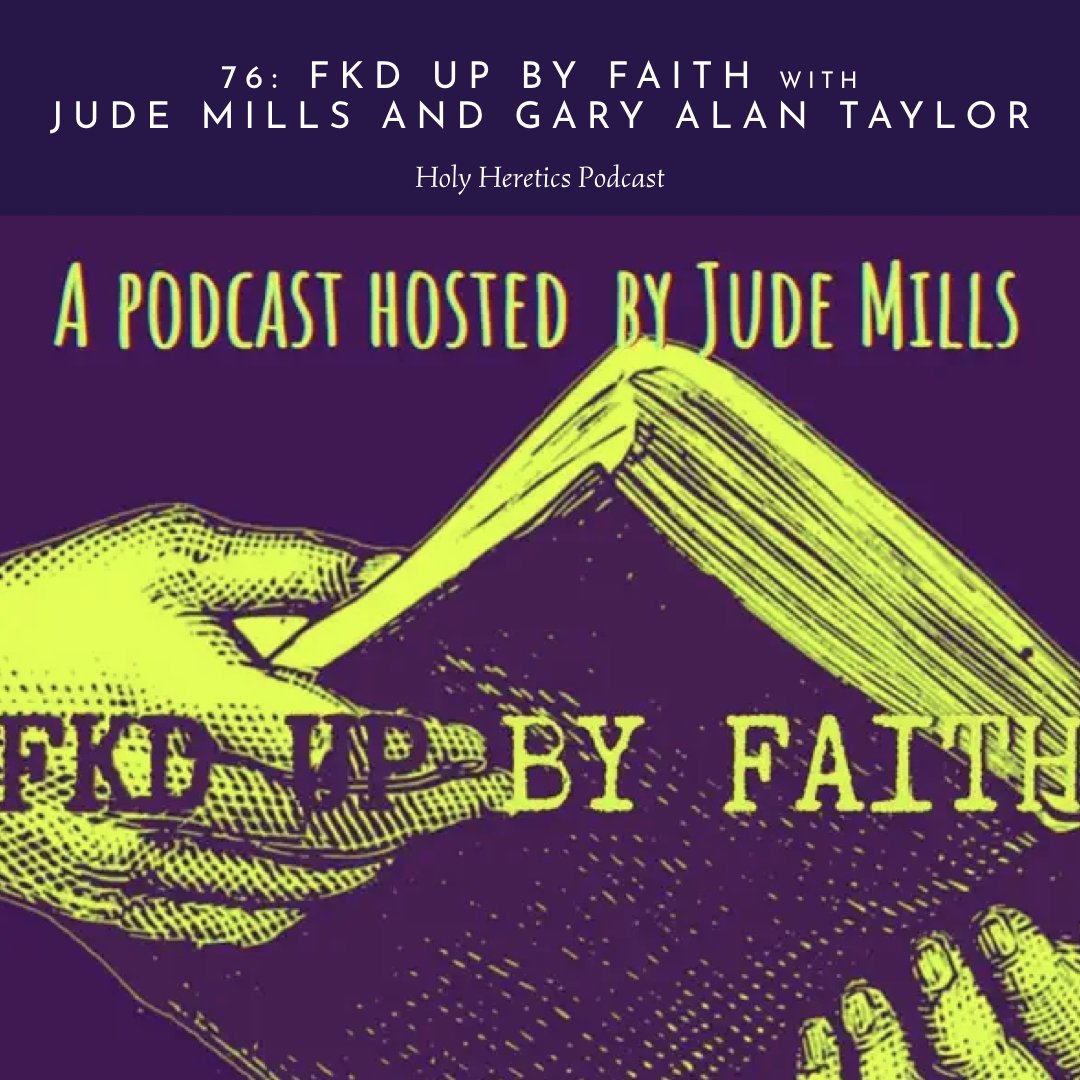
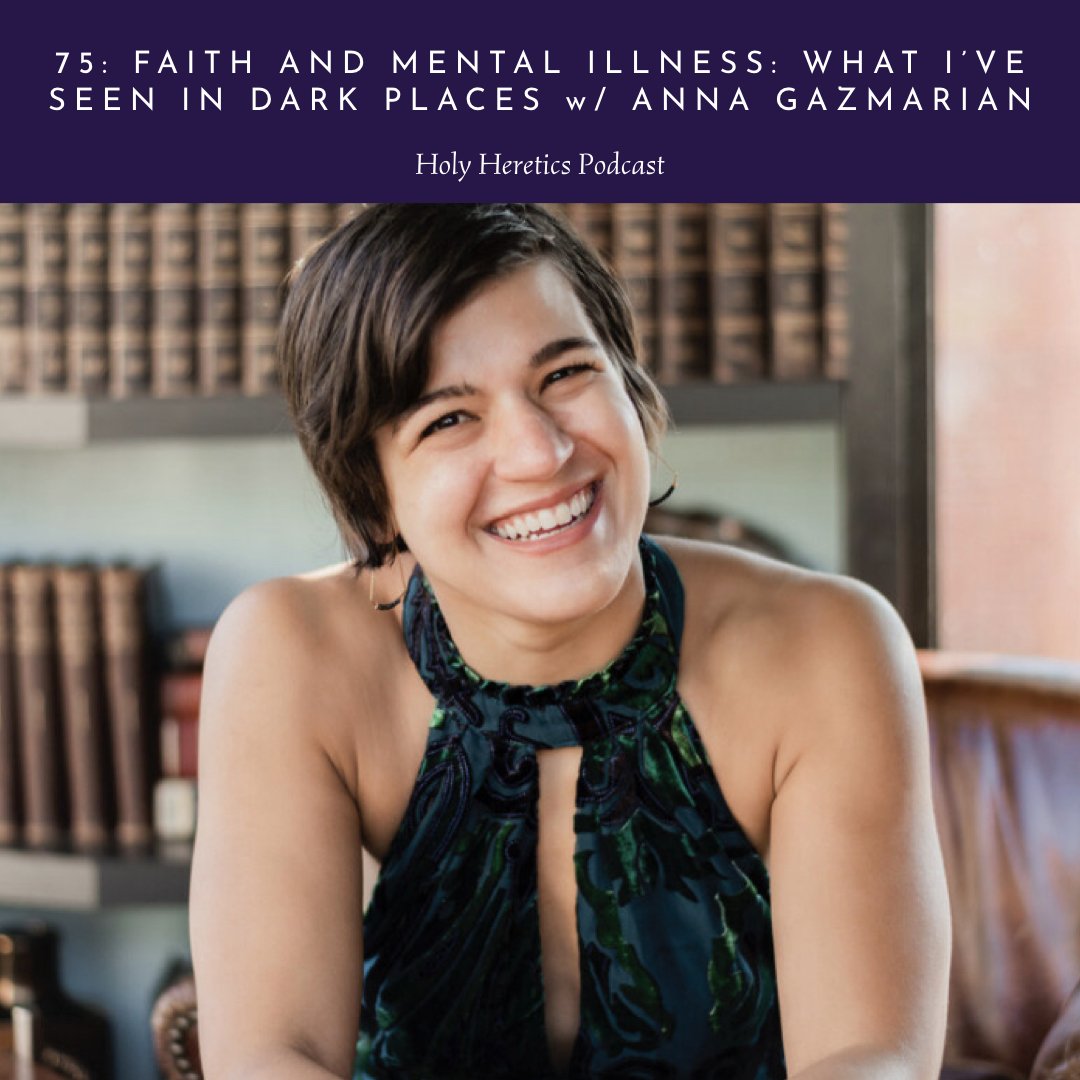
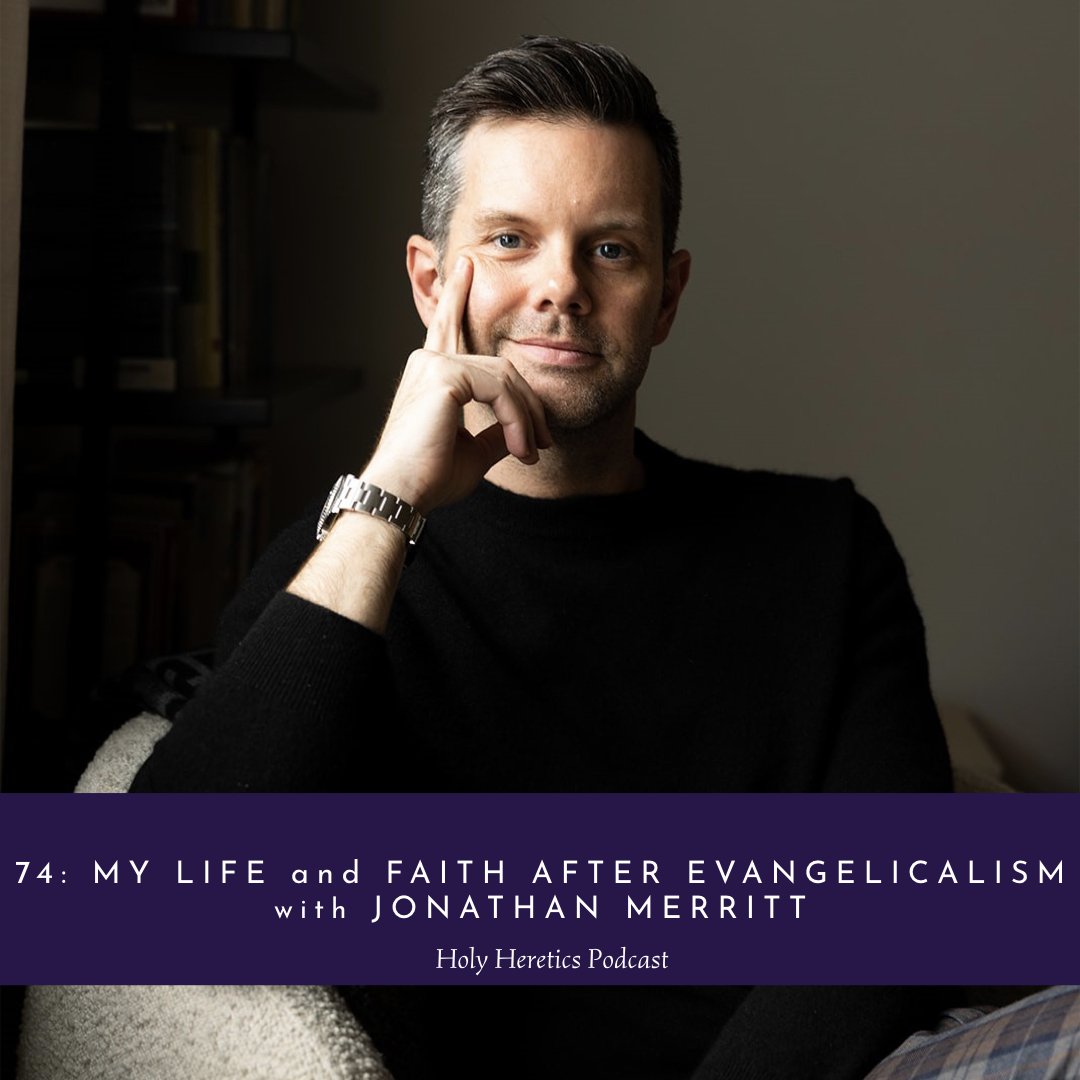
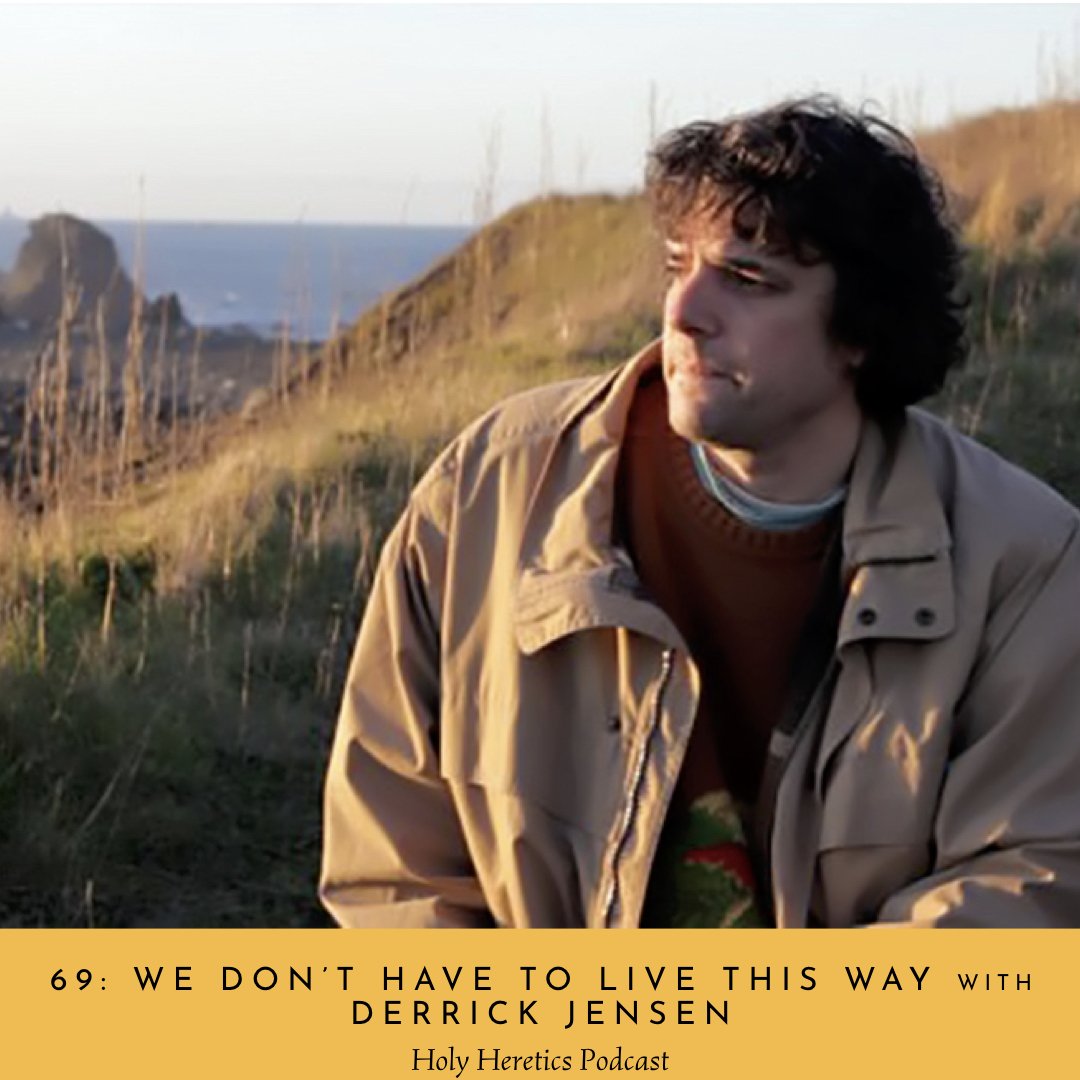
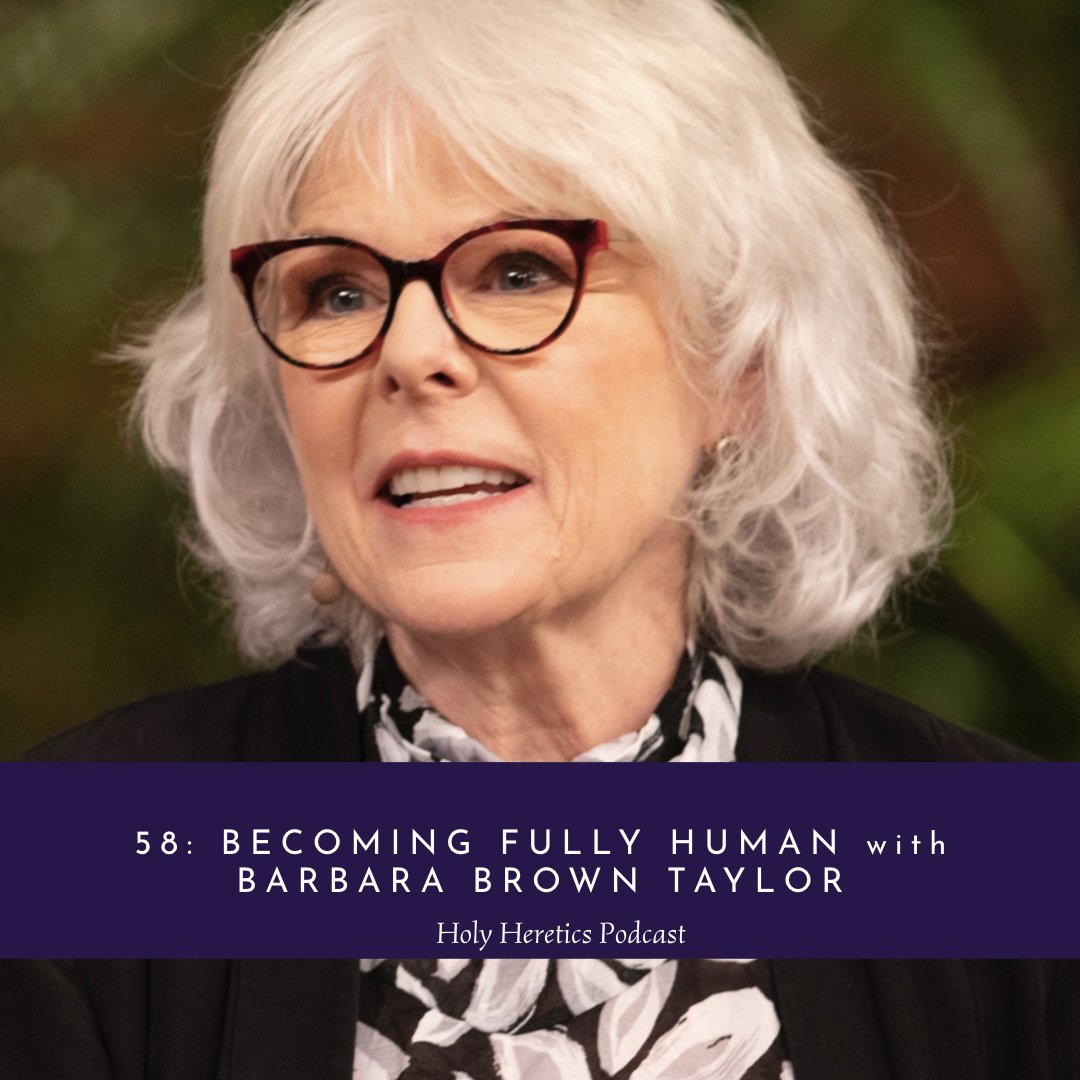
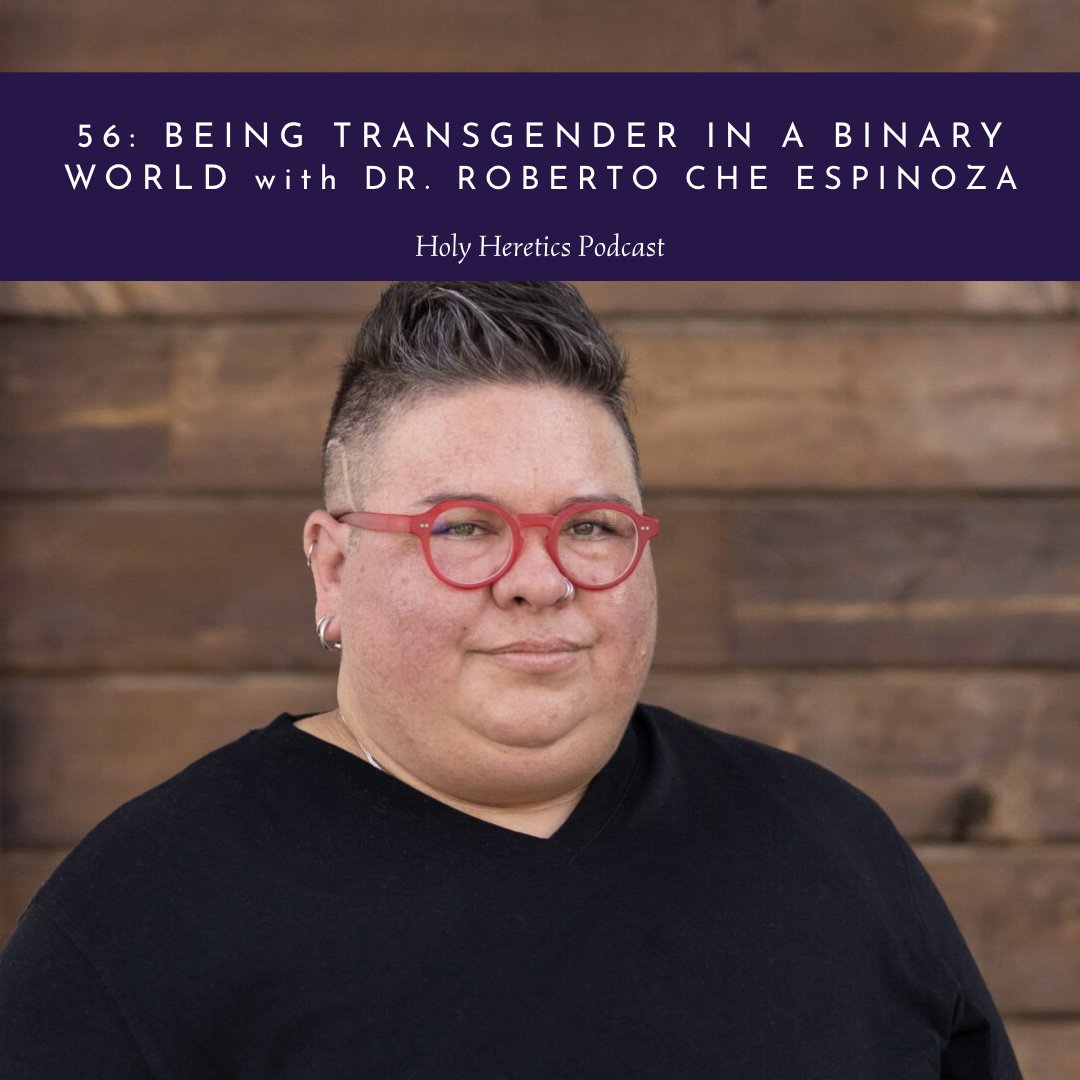
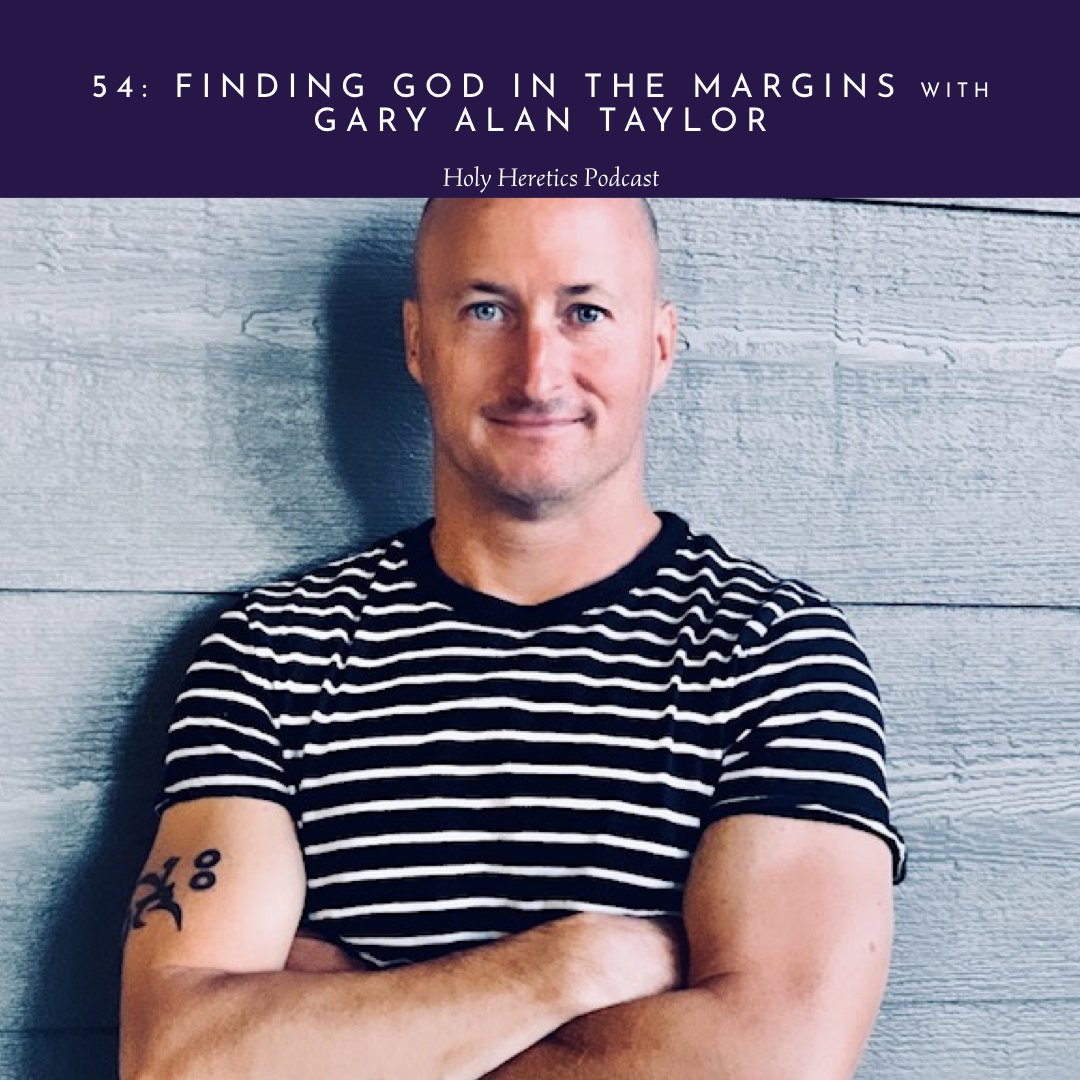
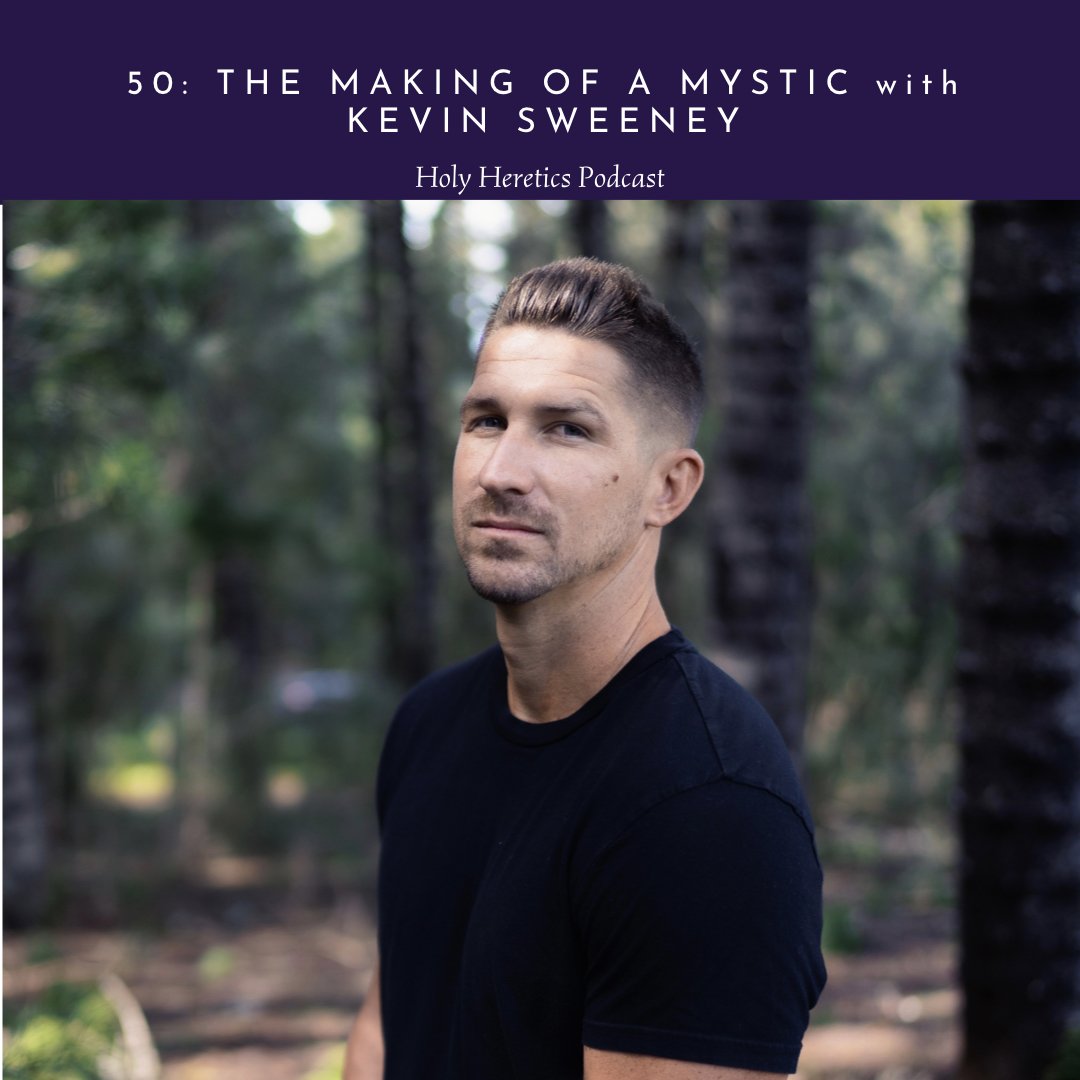
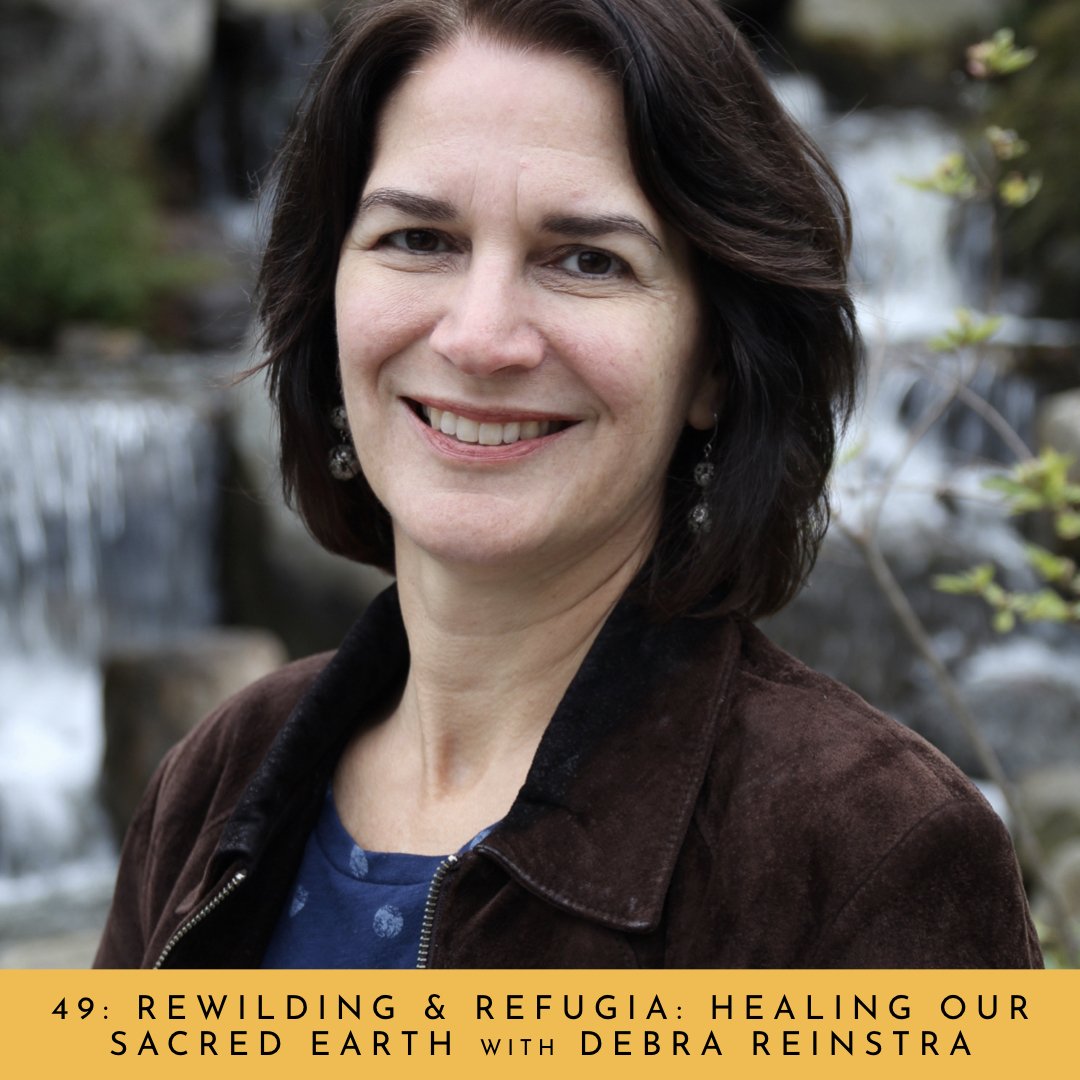
Rape survivors need speech to recover--to tell the story of their harm, to rebuild their sense of self and their place in the world. But the words available to them often fail to describe their experience of the violation.